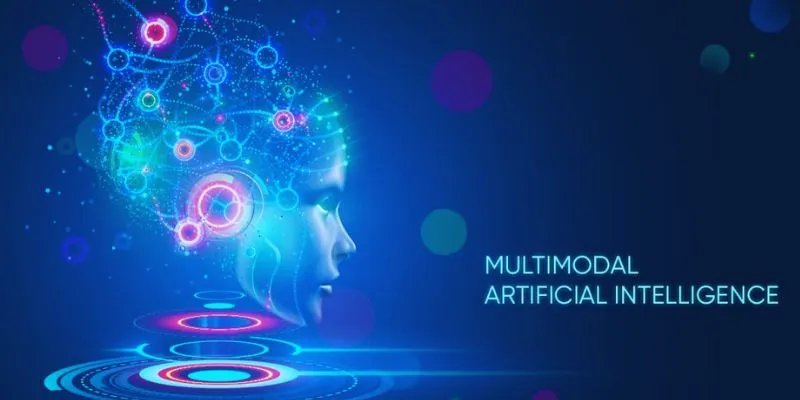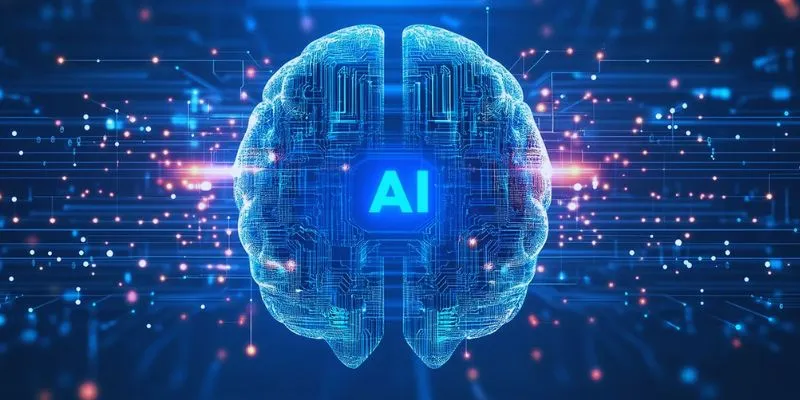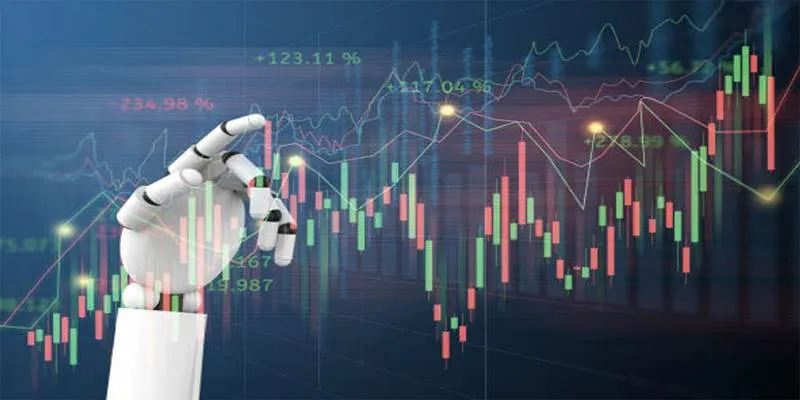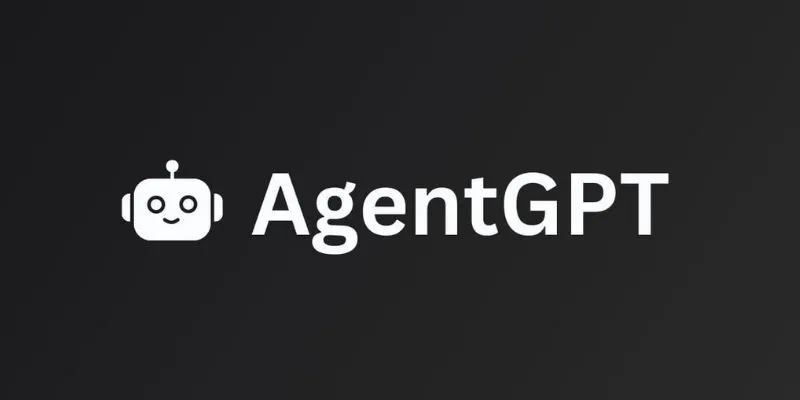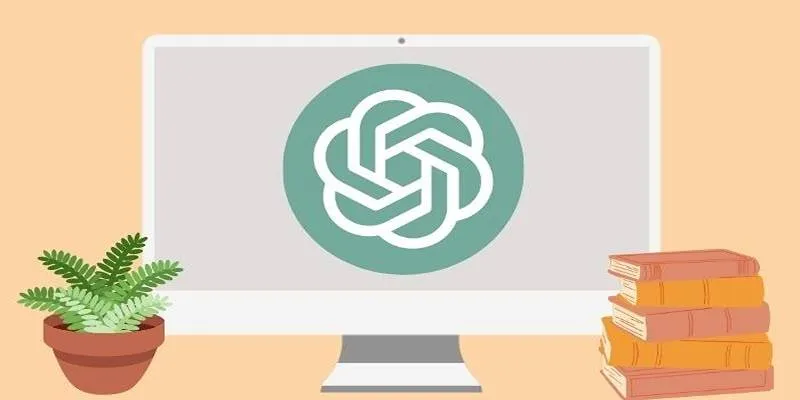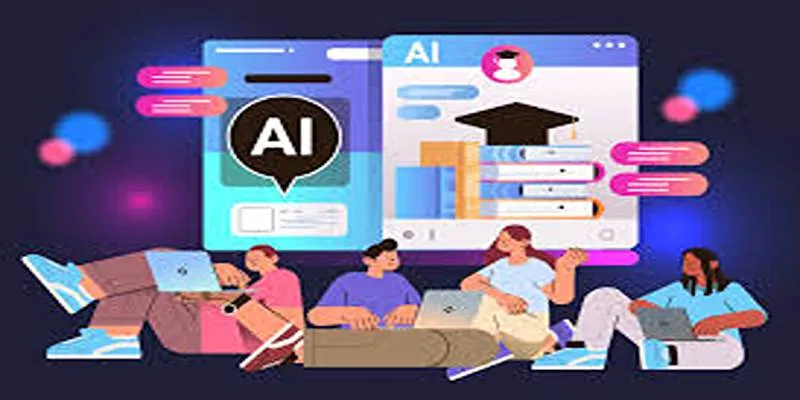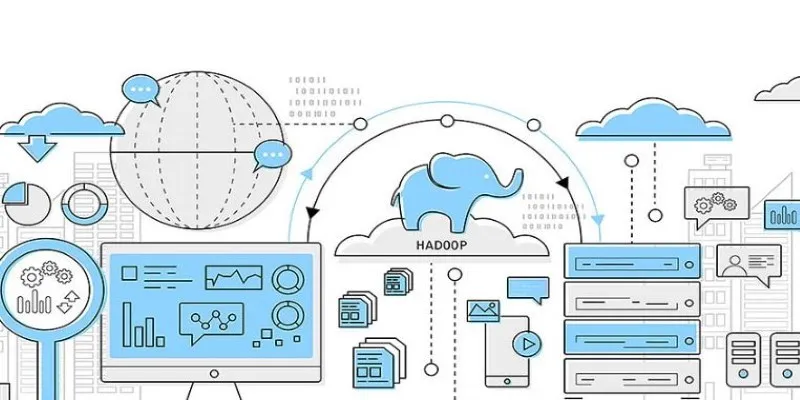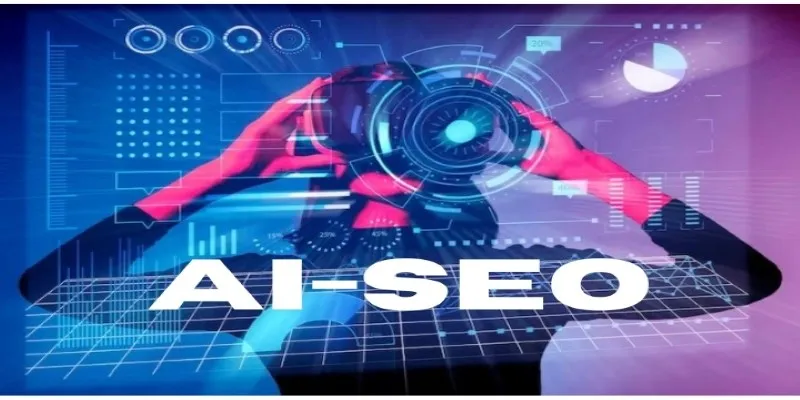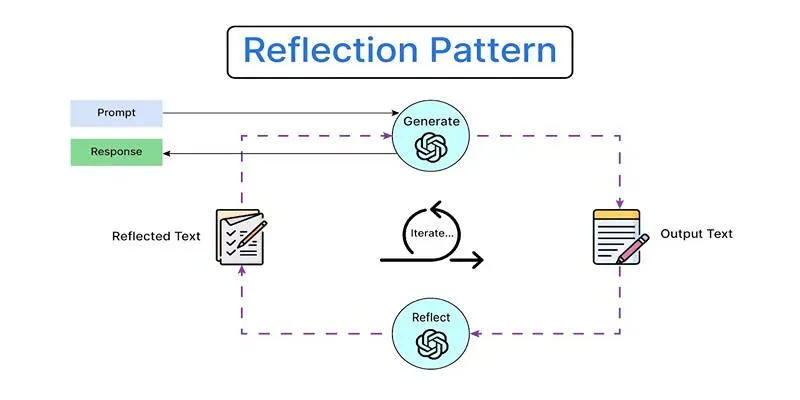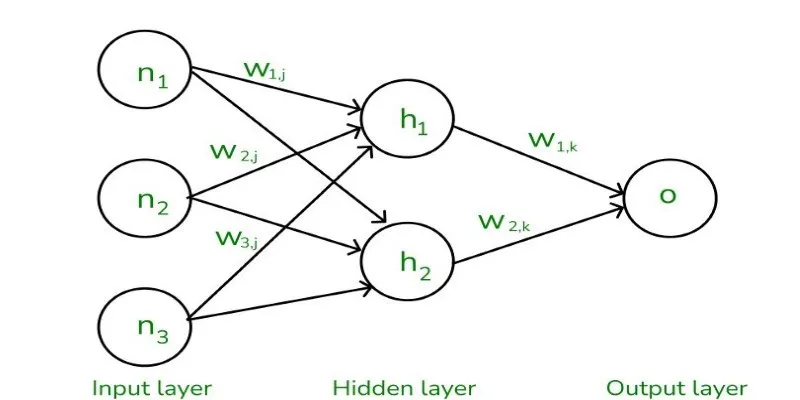Artificial intelligence (AI) has rapidly evolved, transitioning from an emerging concept to a pivotal force shaping industries and daily life. As AI- powered platforms transform sectors from healthcare to entertainment, global tech leaders are weighing in—some with cautious optimism, others with ambitious vision. Their insights influence not only the direction of technology but also how businesses, governments, and the public respond to it.
This post delves into the perspectives of 10 of the world’s most influential tech leaders. Each brings a unique view on AI’s potential benefits, risks, and ethical responsibilities. Together, these voices paint a vivid picture of what the future might hold as AI continues to grow at an unprecedented pace.
1. Elon Musk
Elon Musk’s views on AI are complex and often contradictory. While he has expressed concerns about AI outpacing human control and warned of existential risks, he continues to invest in the technology. In 2023, Musk founded xAI, a company dedicated to developing safe artificial general intelligence (AGI).
His dual stance—warning about the risks while contributing to AI development—reflects his recognition of AI’s potential to transform sectors like transportation, automation, and communication. Musk believes that without proper regulation, AI could be misused, but if steered correctly, it could become humanity’s greatest asset.
2. Mark Zuckerberg
Meta’s CEO, Mark Zuckerberg, has embraced AI as a key growth pillar. Under his leadership, Meta has invested heavily in tools that enhance content moderation, advertising, and user interaction. The company is also advancing its large language model, Llama, to compete in the open-source AI market.
Zuckerberg sees AI as instrumental in creating more immersive and personalized online experiences. However, critics argue that Meta’s AI initiatives may prioritize monetization over privacy, especially as user data plays a central role in training and deploying these tools.
3. Sam Altman
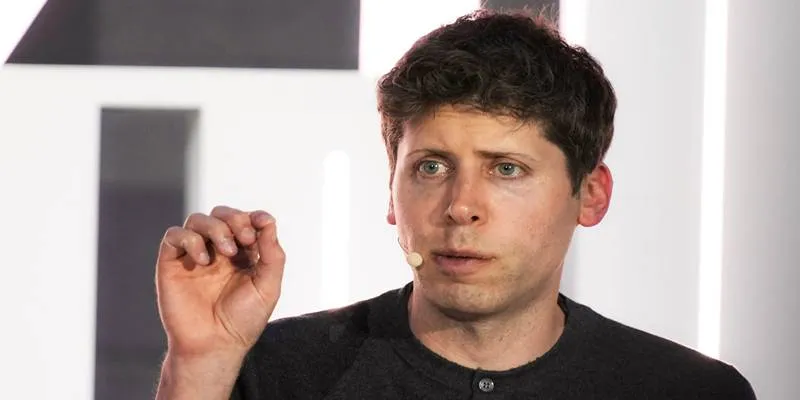
Sam Altman, CEO of OpenAI , stands at the center of the generative AI revolution. His leadership in launching ChatGPT has made AI more accessible and mainstream than ever before. Altman believes that AI, due to its broad capability, will touch nearly every part of modern life, from automating workflows to enhancing creativity.
However, his enthusiasm is tempered with concern. Altman regularly highlights the need for global cooperation on AI regulation. He encourages lawmakers to develop comprehensive frameworks to manage risks such as misinformation, surveillance misuse, and data privacy violations.
4. Larry Page and Sergey Brin
Larry Page and Sergey Brin, co-founders of Google, have long seen AI as essential to their mission. As early as 2002, Page expressed the belief that Google would only be complete when it became “AI-complete.” This vision continues today as Alphabet pushes forward with integrating AI into its core services.
While Page remains confident about AI’s capacity to enhance information access and problem-solving, Brin has voiced more concern about regulation and accountability. Despite their differences in tone, both leaders are committed to guiding Google toward building AI responsibly, especially in areas like search, productivity, and cloud computing.
5. Sundar Pichai
Sundar Pichai, CEO of Alphabet and Google, has compared AI to monumental human discoveries like fire and electricity. For years, he has advocated for AI’s transformative power in solving problems related to climate change, disease, and education.
Pichai is also vocal about the ethical implications of AI. He supports developing transparent systems that can be audited and held accountable. His leadership reflects a desire to balance innovation with responsibility, ensuring AI benefits the broader public and doesn’t concentrate power in the hands of a few.
6. Bill Gates
Bill Gates brings a pragmatic and hopeful outlook to the AI conversation. He views AI as a tool that will eventually solve some of humanity’s most pressing issues, including global healthcare and education disparities.
Unlike more cautionary voices, Gates believes the challenges associated with AI—such as misinformation and job displacement—are solvable through innovation and regulation. He argues that society should lean into AI development, trusting that future systems will be equipped with mechanisms to improve and self-correct over time.
7. Jeff Bezos
Jeff Bezos, founder of Amazon, has consistently downplayed fears surrounding AI. He believes much of the anxiety around AI stems from science fiction rather than reality. For Bezos, AI will not eliminate jobs but rather create new roles as industries evolve.
Under his guidance, Amazon has integrated AI into nearly every aspect of its business—from supply chain logistics to customer recommendations. Bezos sees AI as a catalyst for efficiency and scalability, and he’s confident it will redefine how businesses serve consumers without replacing the human workforce entirely.
8. Tim Cook

Tim Cook, CEO of Apple, takes a measured approach to AI. Although Apple has used AI for years in features like Siri and on-device personalization, Cook has recently begun exploring more advanced language models.
He stresses the importance of user privacy and self-regulation, asserting that no single company or government should have unchecked control over AI. Cook advocates for collaborative efforts among tech companies to set standards that prioritize the well-being of users while still pushing the boundaries of innovation.
9. Greg Peters
As Co-CEO of Netflix, Greg Peters is focused on using AI to enhance content creation and operational efficiency. In an industry increasingly pressured by costs and competition, Peters believes that generative AI can streamline tasks such as script development, visual effects, and production planning.
Although his approach has raised concerns within creative communities, Peters argues that AI will not replace talent but instead serve as a collaborative tool to bring stories to life faster and more affordably.
10. Larry Ellison
Larry Ellison, co-founder and CTO of Oracle, has positioned his company to thrive in the AI boom. With rising demand for cloud services and machine learning infrastructure, Oracle is expanding its offerings to include AI- powered tools for business operations.
Ellison is also collaborating with AI startups to integrate large language models into Oracle’s platform. He envisions a future where enterprise software is intelligent by default, capable of analyzing data, automating workflows, and enhancing decision-making across industries.
Conclusion
The perspectives of global tech leaders highlight a shared belief that AI will significantly reshape the world. While their approaches differ—ranging from cautious optimism to bold innovation—they all acknowledge AI’s transformative potential. Their insights reflect a balance between opportunity and responsibility. As AI continues to evolve, these leaders will play a crucial role in guiding its ethical and practical application.
 zfn9
zfn9







